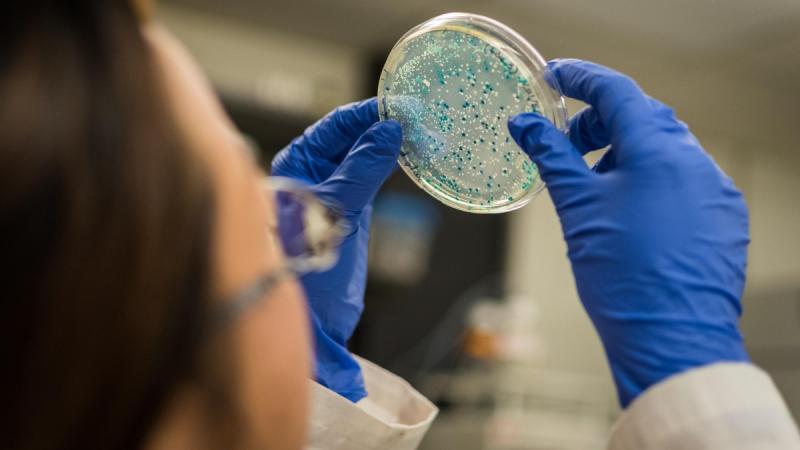Unleashing the Power of Antimicrobial Therapeutics: A Breakthrough in the Fight against Resistant Pathogens
Introduction
Antimicrobial therapeutics have long been hailed as one of the greatest medical advancements, saving countless lives by combatting infectious diseases caused by bacteria, viruses, fungi, and parasites. However, the rise of antimicrobial resistance has posed a formidable challenge, rendering some treatments ineffective. In response, scientists and medical researchers have intensified their efforts to develop new and innovative antimicrobial therapies. In this blog, we delve into the world of antimicrobial therapeutics, the significance of this field, and the ongoing pursuit of solutions to combat resistant pathogens.
Understanding Antimicrobial Therapeutics
Antimicrobial therapeutics encompass a wide range of drugs designed to inhibit or destroy microorganisms that cause infections. These drugs can be classified into several categories based on the type of pathogen they target:
-
Antibiotics: Antibiotics are specifically designed to combat bacterial infections. They work by interfering with the bacteria's growth or by directly destroying them.
-
Antivirals: Antiviral drugs target viral infections, such as influenza, HIV, and hepatitis. They block the replication and spread of the virus within the body.
-
Antifungals: Antifungal medications are used to treat fungal infections, such as yeast infections and ringworm. They disrupt the fungal cells' structure and function.
-
Antiparasitics: Antiparasitic drugs combat infections caused by parasitic organisms like malaria, roundworms, and lice. They may target the parasite's metabolism or reproductive processes.
The Challenge of Antimicrobial Resistance
Antimicrobial resistance (AMR) occurs when microorganisms, such as bacteria, viruses, fungi, or parasites, develop mechanisms to withstand the effects of antimicrobial drugs. Over time, this resistance renders once-effective treatments ineffective, leading to persistent infections and increased mortality rates.
The emergence of antimicrobial resistance is a global concern, prompting a call to action to preserve the effectiveness of existing drugs and develop new antimicrobial therapies.
Advancements in Antimicrobial Therapeutics
To tackle the challenge of antimicrobial resistance, researchers are actively exploring new approaches to develop effective antimicrobial therapies:
-
Targeted Therapies: Scientists are working on more precise antimicrobial drugs that specifically target essential pathways or structures in pathogens, reducing the risk of resistance.
-
Combination Therapy: Combining multiple antimicrobial drugs can be more effective in treating resistant infections, preventing the development of resistance against a single drug.
-
Bacteriophage Therapy: Bacteriophages are viruses that specifically target and infect bacteria. Bacteriophage therapy shows promise as a potential alternative to antibiotics for treating bacterial infections.
-
Immunotherapies: Immunotherapies enhance the body's immune response to combat infections, potentially reducing reliance on antimicrobial drugs.
Promoting Responsible Use
To preserve the effectiveness of existing antimicrobial therapeutics, it is essential to promote their responsible use:
-
Appropriate Prescribing: Healthcare professionals should prescribe antimicrobial drugs only when necessary and based on accurate diagnoses.
-
Patient Adherence: Patients must follow their prescribed treatment regimen and complete the entire course of antimicrobial therapy, even if symptoms improve.
-
Preventing Infections: Preventative measures, such as vaccinations and good hygiene practices, can reduce the incidence of infections and the need for antimicrobial treatments.
Conclusion
Antimicrobial therapeutics have been instrumental in saving countless lives and revolutionizing modern medicine. However, the challenge of antimicrobial resistance demands ongoing dedication and innovation in the field of medical research. By promoting responsible use, investing in research for new therapies, and embracing cutting-edge technologies, we can continue to fight against resistant pathogens and ensure that antimicrobial therapeutics remain a potent weapon in our battle against infectious diseases. With collaborative efforts from the scientific community, healthcare professionals, policymakers, and the public, we can pave the way for a healthier and more resilient future.
